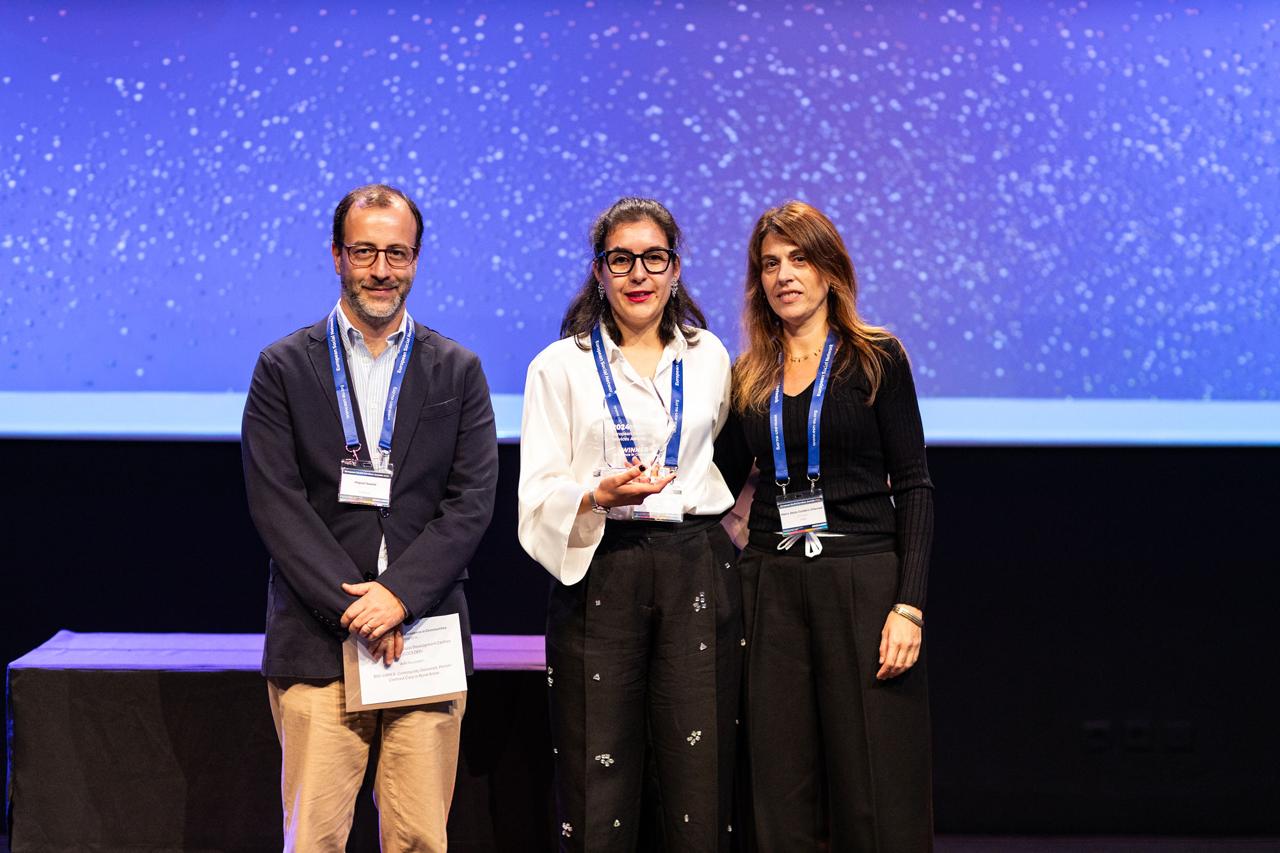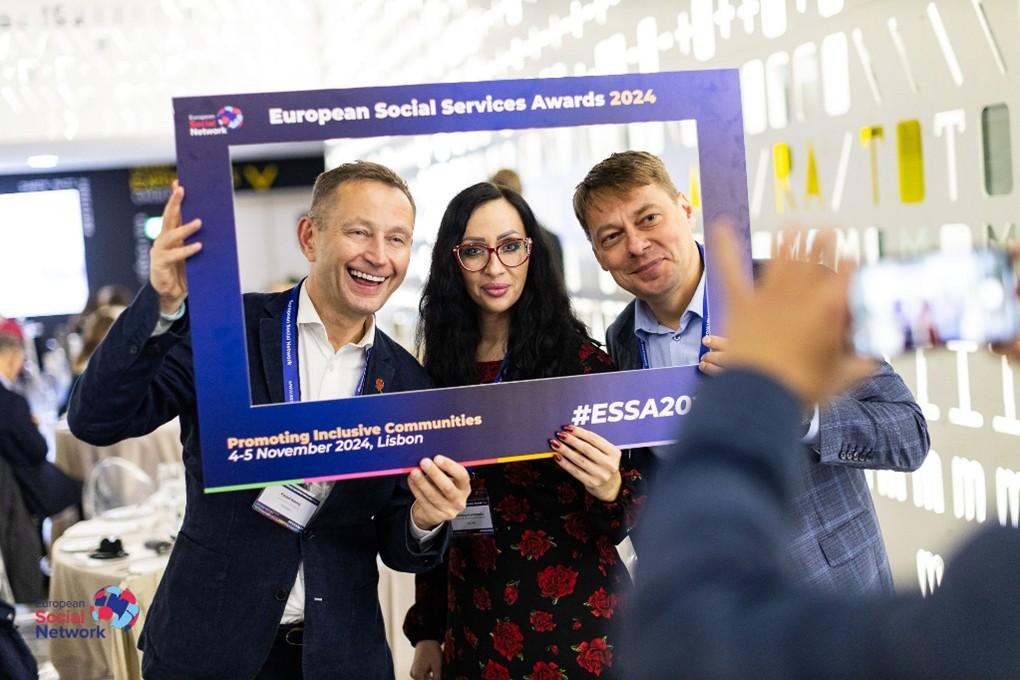Congratulations to the winners of the 2024 European Social Services Awards
The winners were announced at the Awards Ceremony on 4 November 2024 in Lisbon, Portugal.
Registrations to attend the 2025 ESSA Ceremony are now open, and voting will begin in November.
Service Delivery
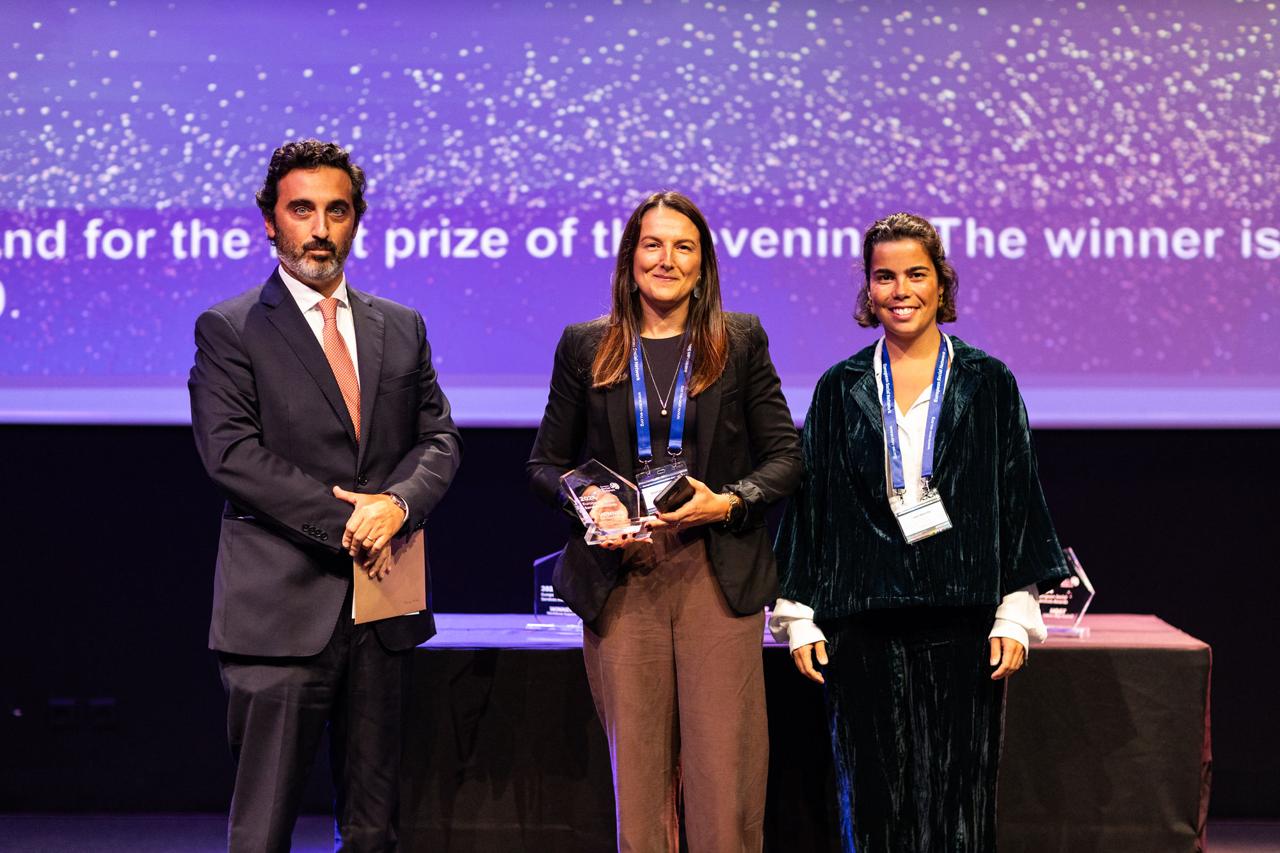
REACH_U 2.0
REACH_U 2.0 tackles the challenges faced by vulnerable populations in Lisbon and Amadora, including people with drug addiction issues and those experiencing homelessness. The project brings decentralised healthcare directly to these communities, providing on-site STI and hepatitis testing, treatment, and follow-up care. By using a peer-led approach and offering financial incentives, REACH_U 2.0 ensures that individuals receive necessary care without leaving their daily environments. To date, the project has significantly increased access to healthcare, supporting over 1,000 people, reducing barriers, and improving health outcomes among marginalised groups.
Workforce Support
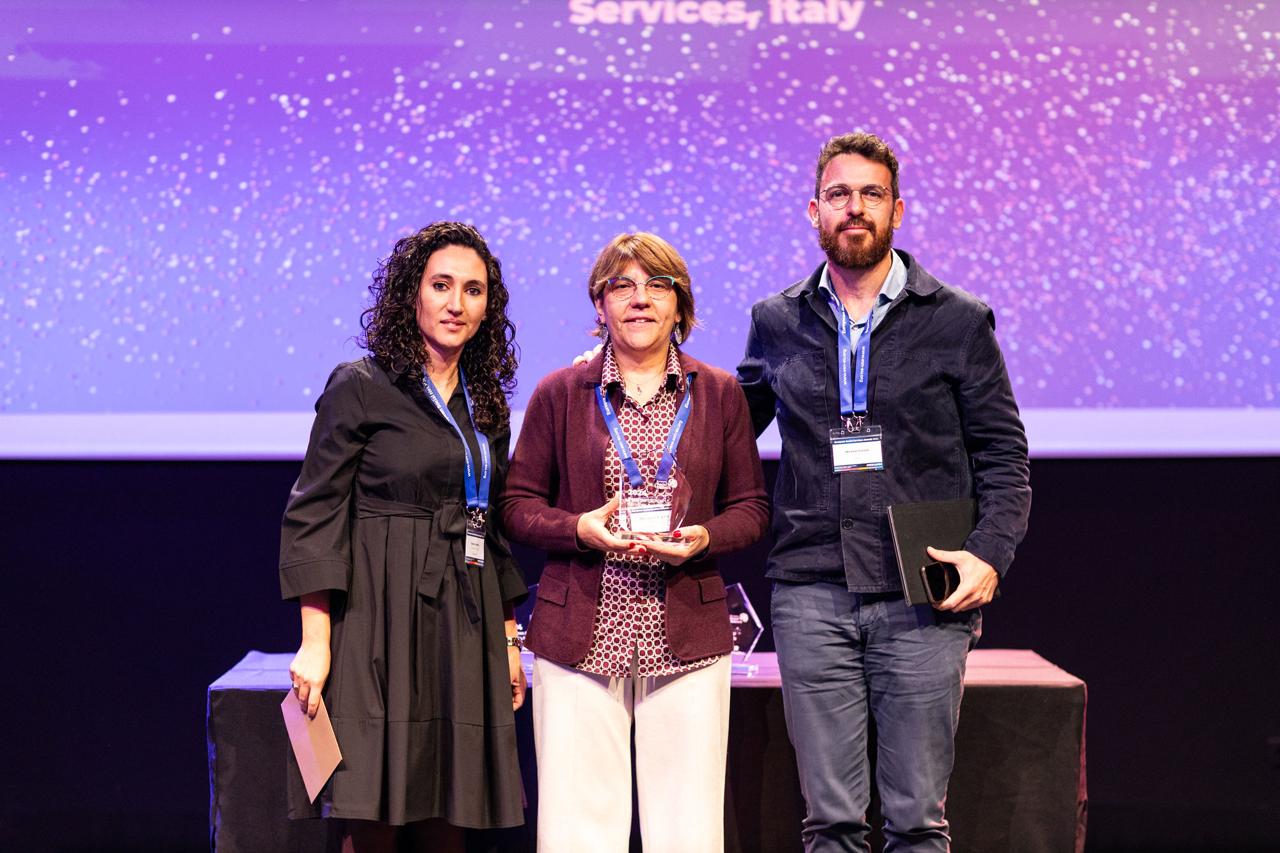
Supporting Family Caregivers: Taking Care of Those Who Care
In Bergamo, 14 territorial teams of social workers and healthcare professionals provide integrated care, ensuring informal caregivers’ needs are addressed. By promoting social inclusion and co-designing care strategies with the caregivers, the project creates a more resilient and inclusive care system. In this context, the project ‘Supporting Family Caregivers: Taking Care of Those Who CarIne’ aims to empower family caregivers who provide long-term, unpaid care to loved ones with chronic illnesses or disabilities.
Key initiatives include offering practical support through an online portal, psychological support programmes, and action research on young caregivers. The project fosters collaboration between public institutions, municipalities, and NGOs, creating a cohesive support network.
Collaborative Practice
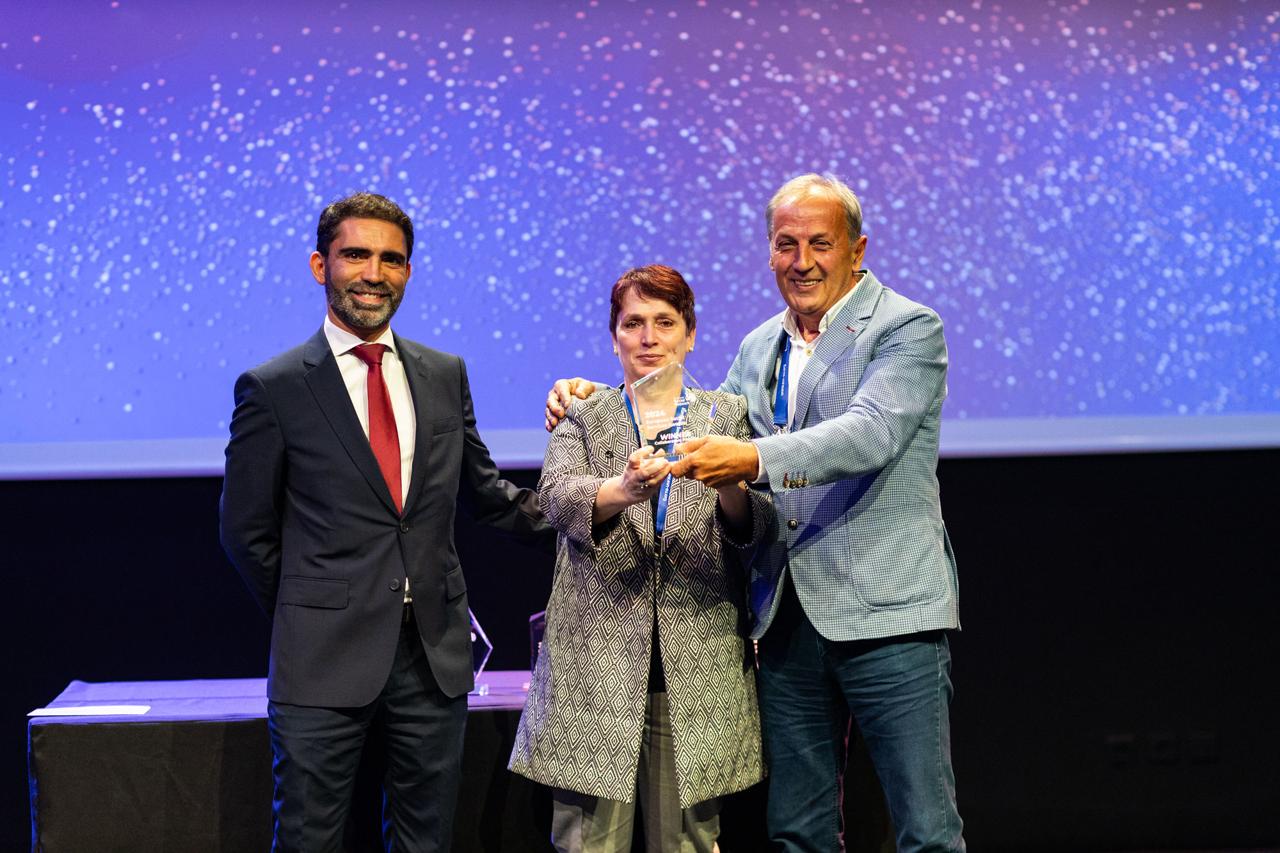
Deinstitutionalisation and Reform of the Care System for Young Children
Hope and Homes for Children, Bulgaria
Hope and Homes for Children in Bulgaria tackles the challenge of deinstitutionalising services for children by creating District Deinstitutionalisation Coordination Mechanisms (DDICM). These mechanisms enhance inter-institutional cooperation, fostering communication and effective regulation to support national deinstitutionalisation efforts, including the initiative to close eight institutions for children aged 0-3 nationally, transitioning to family and community-based care.
The DDICM strengthens institutional relationships, empowers families, and shapes local NGOs’ involvement to prioritise the child’s best interests. Despite initial challenges, its collaborative approach, supported by training and technical support, has proved effective. The project has been implemented in 21 of 28 regions, held 176 training sessions, trained 200 staff, and addressed 105 complex cases, earning national recognition for its positive impact on child welfare.
Research & Evaluation
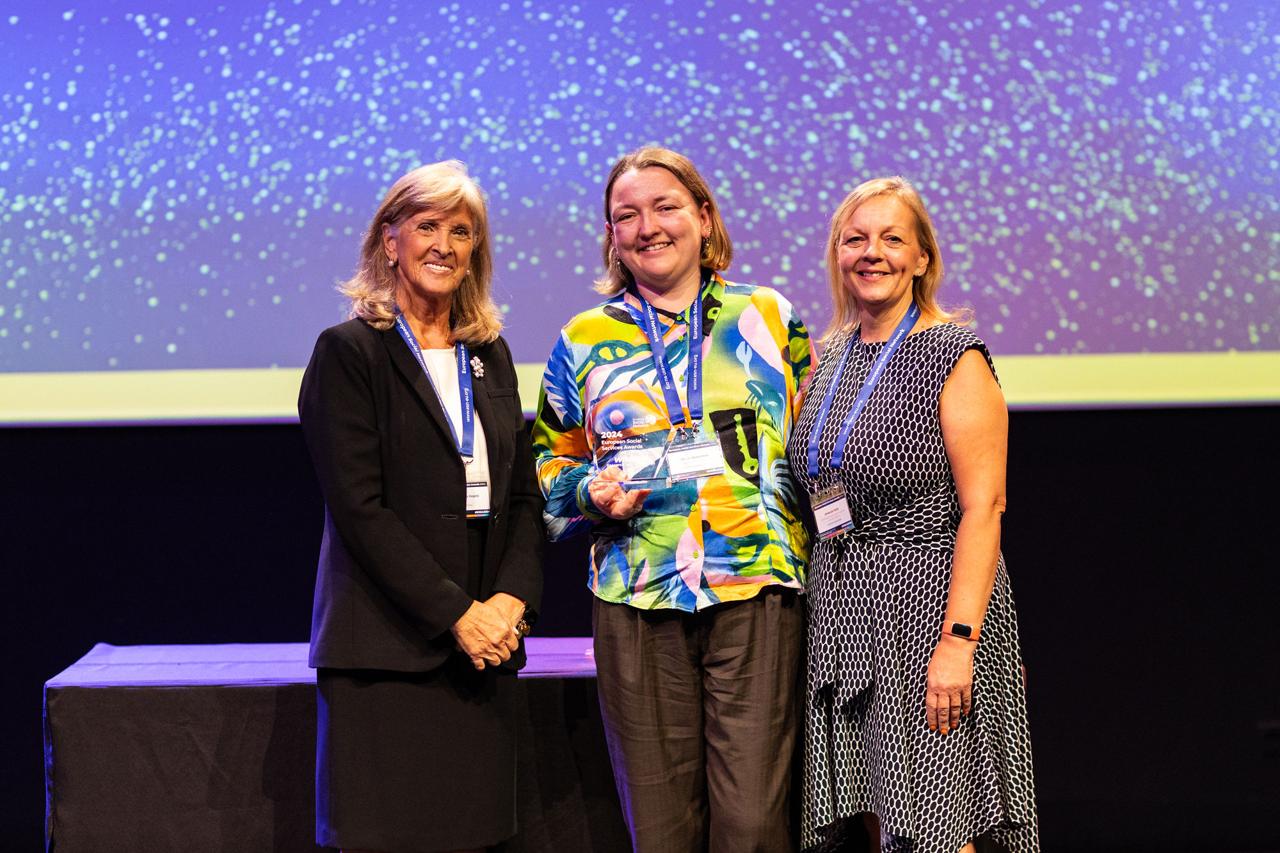
Evaluation of Community-Led Support
University of Birmingham, United Kingdom
Community Led Support (CLS), developed by the National Development Team for Inclusion (NDTI), is a strengths-based approach to social care designed to empower adults with disabilities, mental health issues, and long-term conditions to achieve what is important to them by building on their existing strengths and community networks. A two-year independent evaluation involving an interdisciplinary team was undertaken to provide objective measure of the impact of CLS and understand how they achieved change.
The research project was co-designed with the change programme, participating local authorities, and with people with lived experience of social care. It focussed in particular on culture change, distributive leadership, co-production and the overall impacts of CLS. The evaluation identified aspects of the programme that were working well and areas that needed improvement. Overall, it showed that the 30 local authority areas which engaged in the CLS programme showed positive changes in their social care assessment and care management activities compared with non-CLS areas.
Digital Transformation
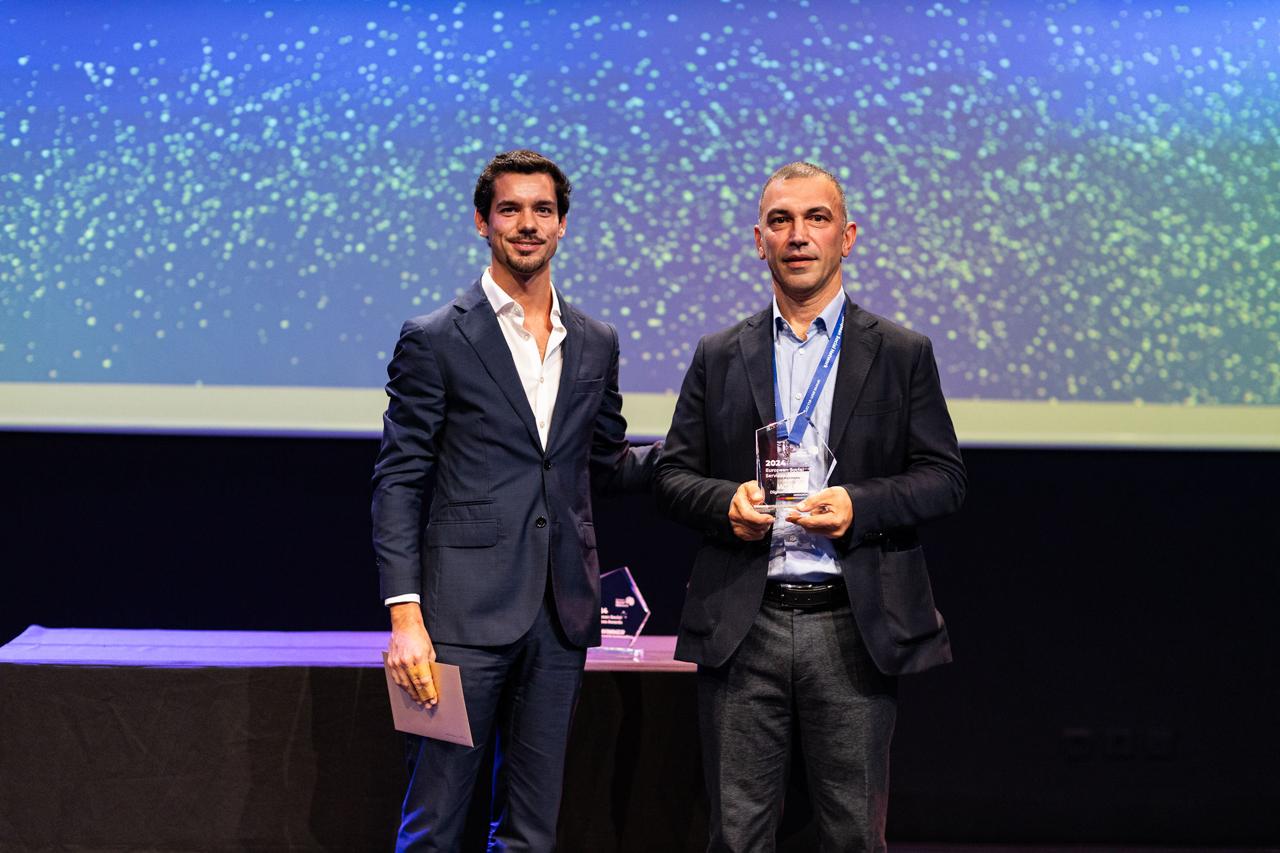
Ensuring Web Accessibility for Persons with Disabilities
The Agency for Sustainable and Operative Social Provision, Azerbaijan
This project addresses the social problem of digital inaccessibility for people with disabilities in Azerbaijan, particularly in accessing government services online. The project develops a sustainable mechanism to ensure that websites, especially those of government agencies, are accessible according to international standards (WCAG), thus bridging the gap between legislation and practical access to digital services for people with disabilities.
The project promotes inclusive communities by actively engaging and involving people from marginalised and high-risk groups, such as those with disabilities. It emphasises that a ‘one size does not fit all’ approach is essential for effective community engagement, ensuring that diverse voices are heard and valued in policymaking processes. The project has driven substantial progress in making online information and services more accessible, mainly through improvements in government websites and mobile applications, promoting a more inclusive digital environment.
Excellence in Communities
BIO-CARES: Community-Delivered, Person-Centred Care in Rural Areas
Confederation of Rural Development Centres (COCEDER), Spain
BIO-CARES is transforming care in rural Spain by shifting from institutional models to personalised, community-driven solutions. The project supports vulnerable populations, including older people, people with disabilities, and those at risk of isolation. By leveraging local resources and tailoring life plans to individual circumstances, BIO-CARES enhances personal autonomy and encourages residents to stay within their communities. Implemented in 18 rural areas, the project builds stronger, more inclusive communities.
This initiative has positively impacted 491 people and has generated valuable knowledge and methodologies for rural care, with the potential to influence future social policies.
|
Read the 2024 ESSA Publication to find out more about the event and shortlisted projects. |
|
Watch the ESSA 2024 Recap Video to have a view into the Awards Ceremony and what it offers. |

